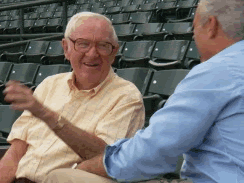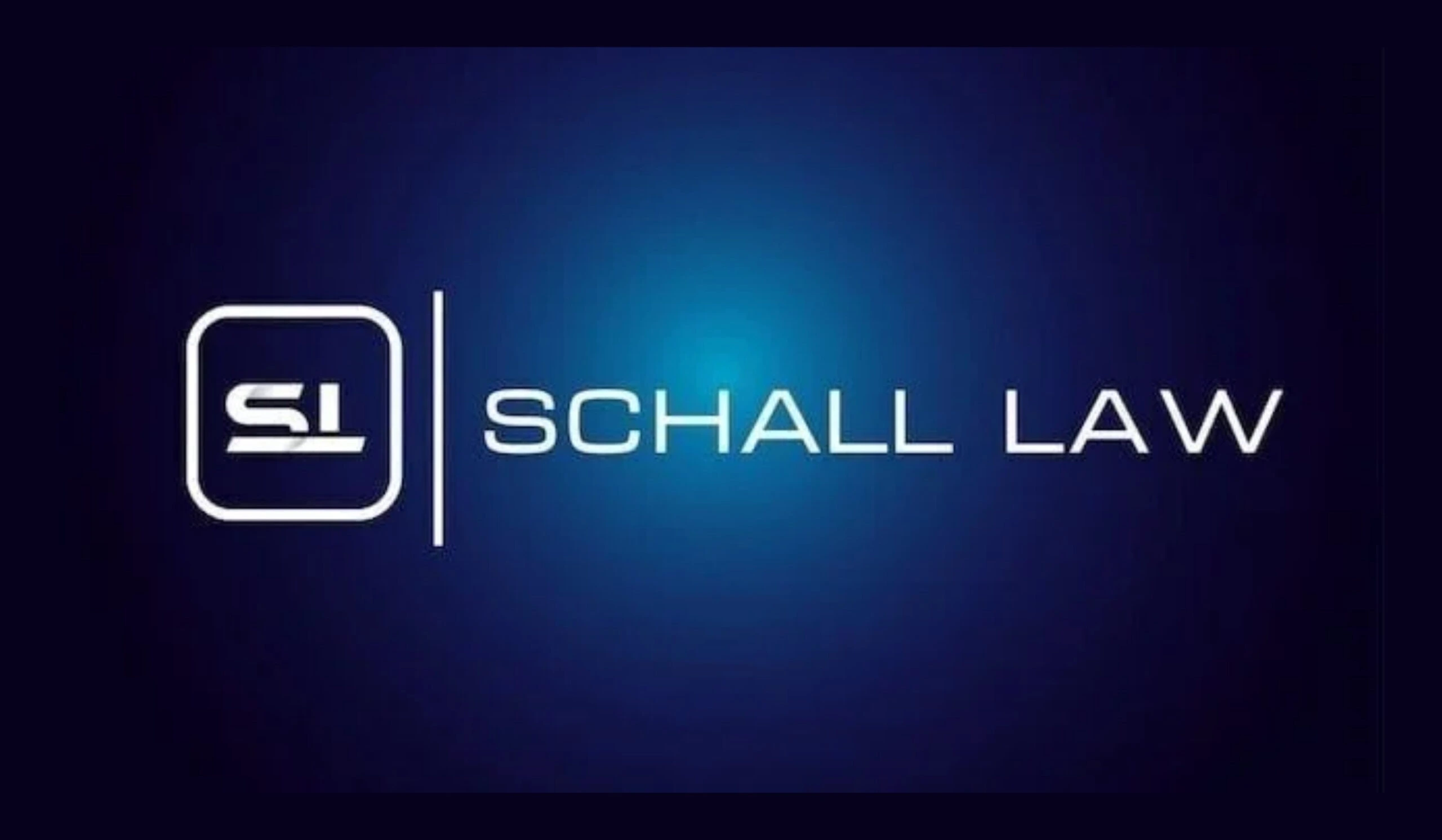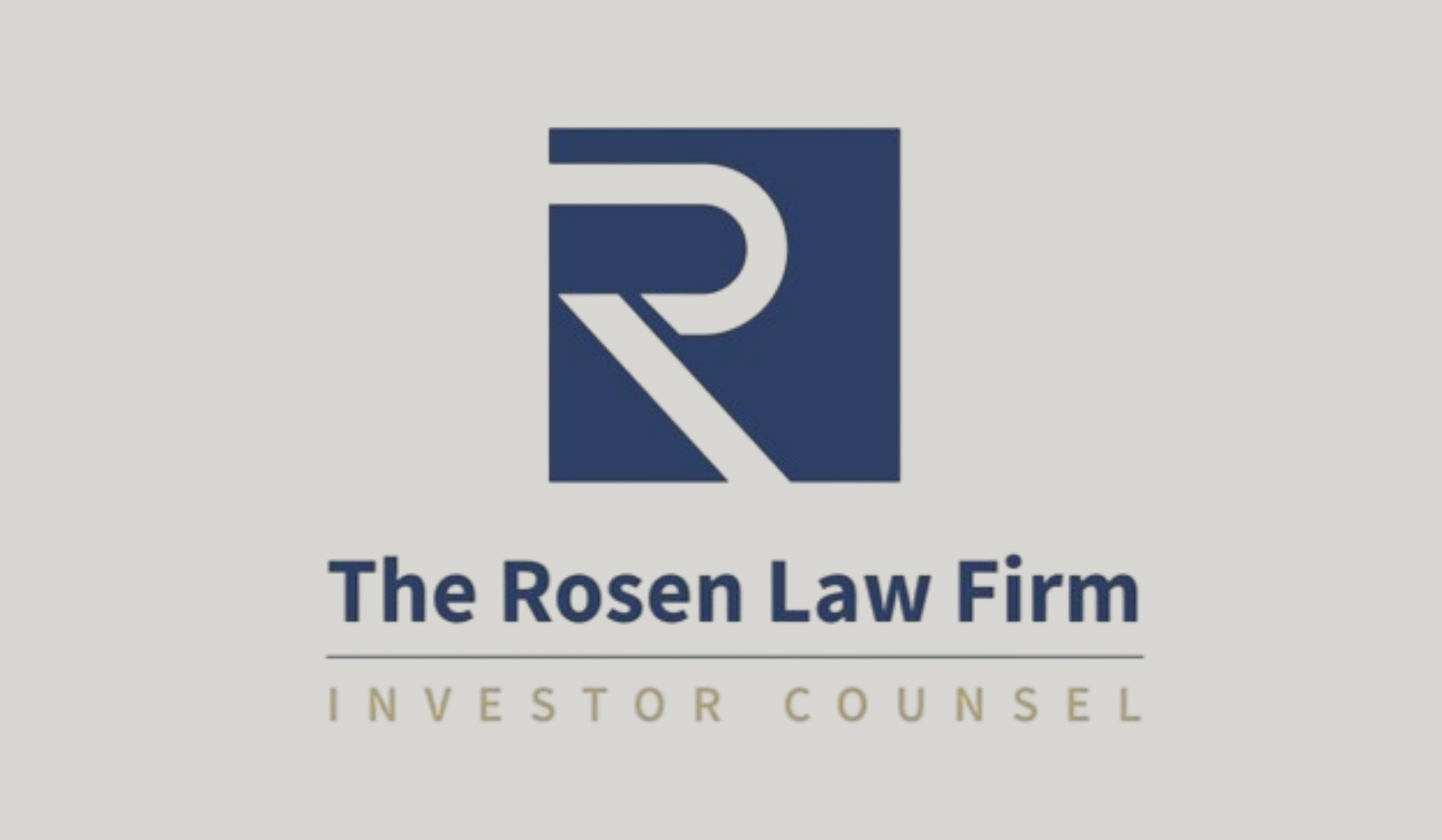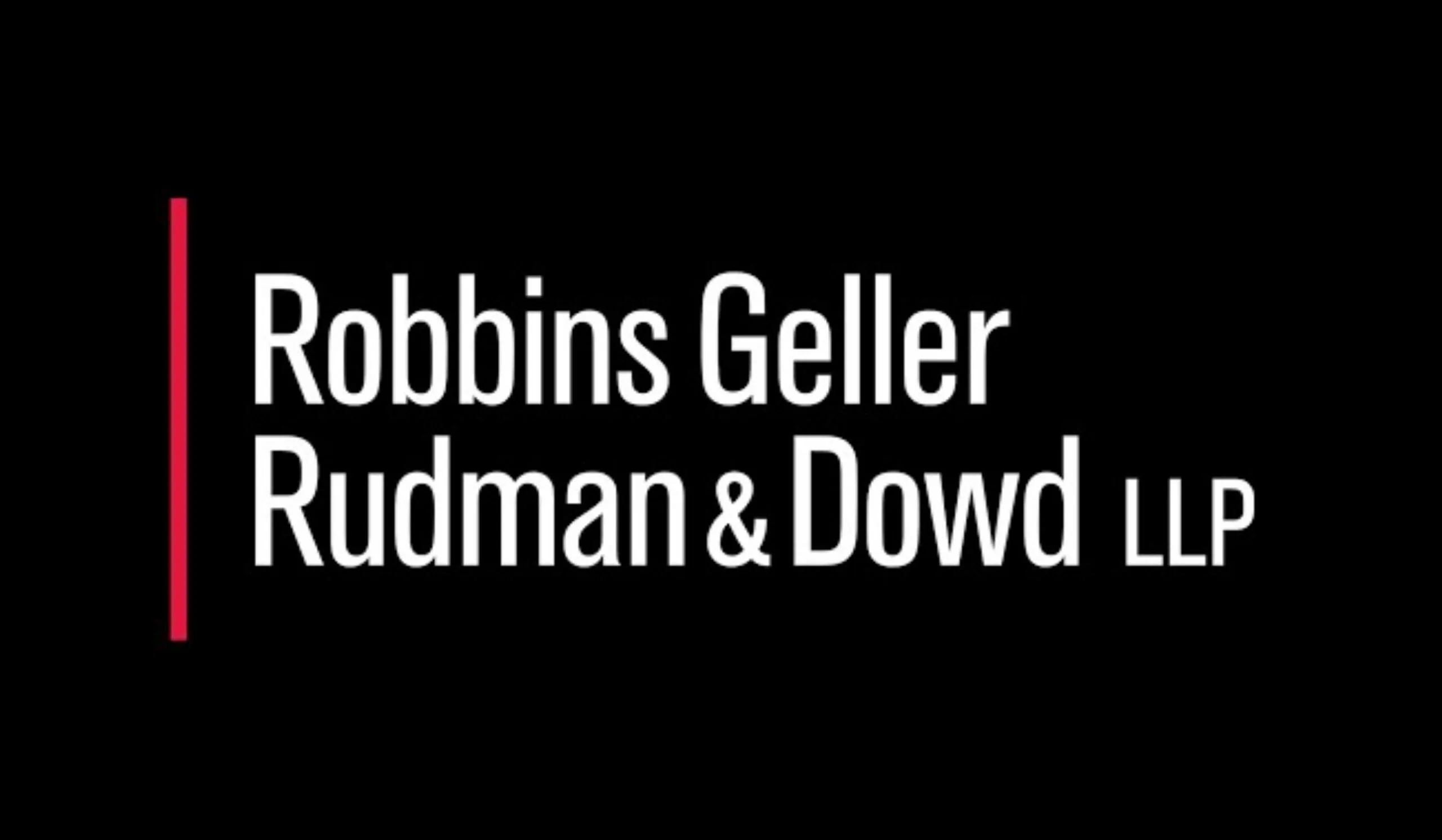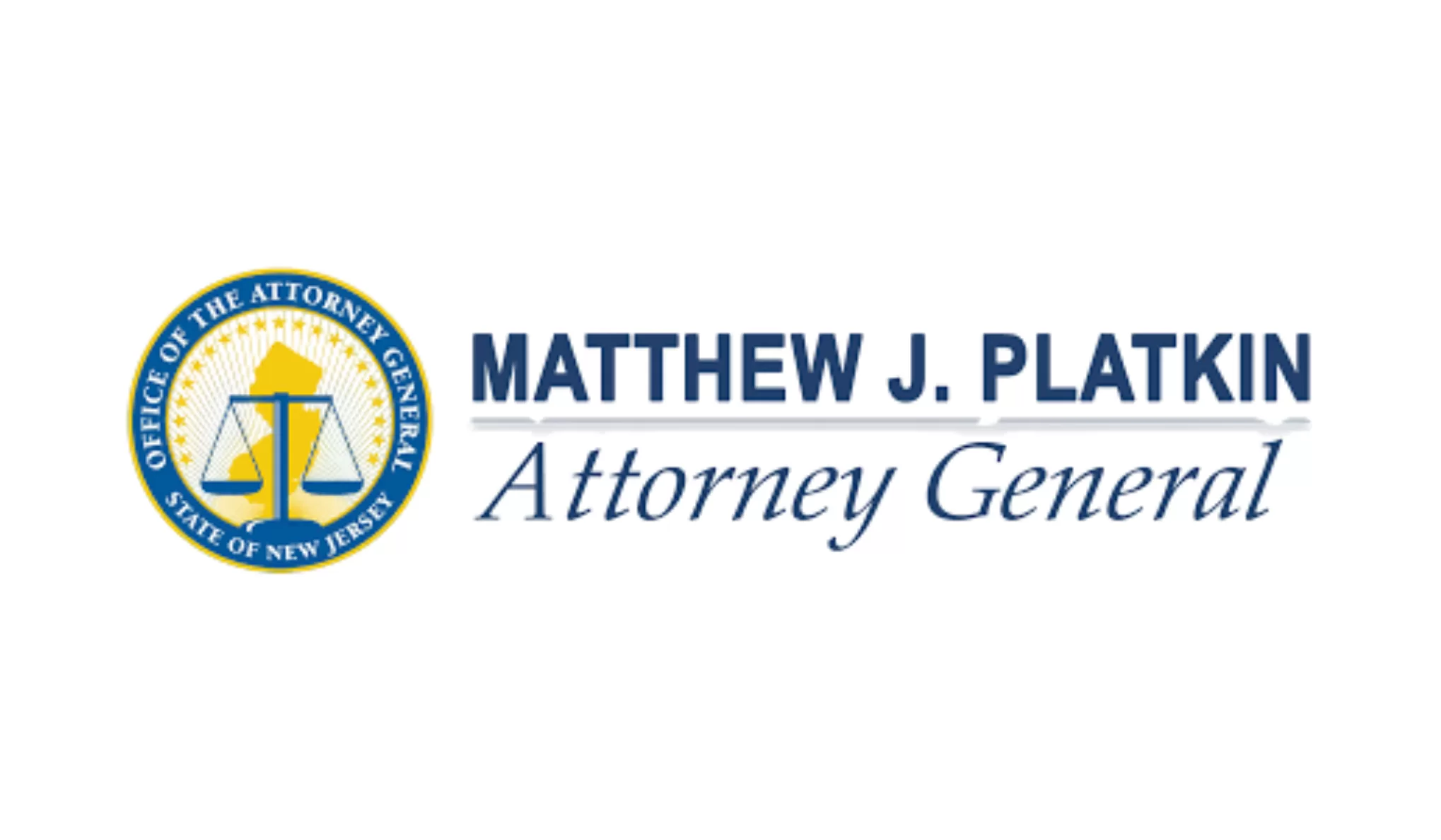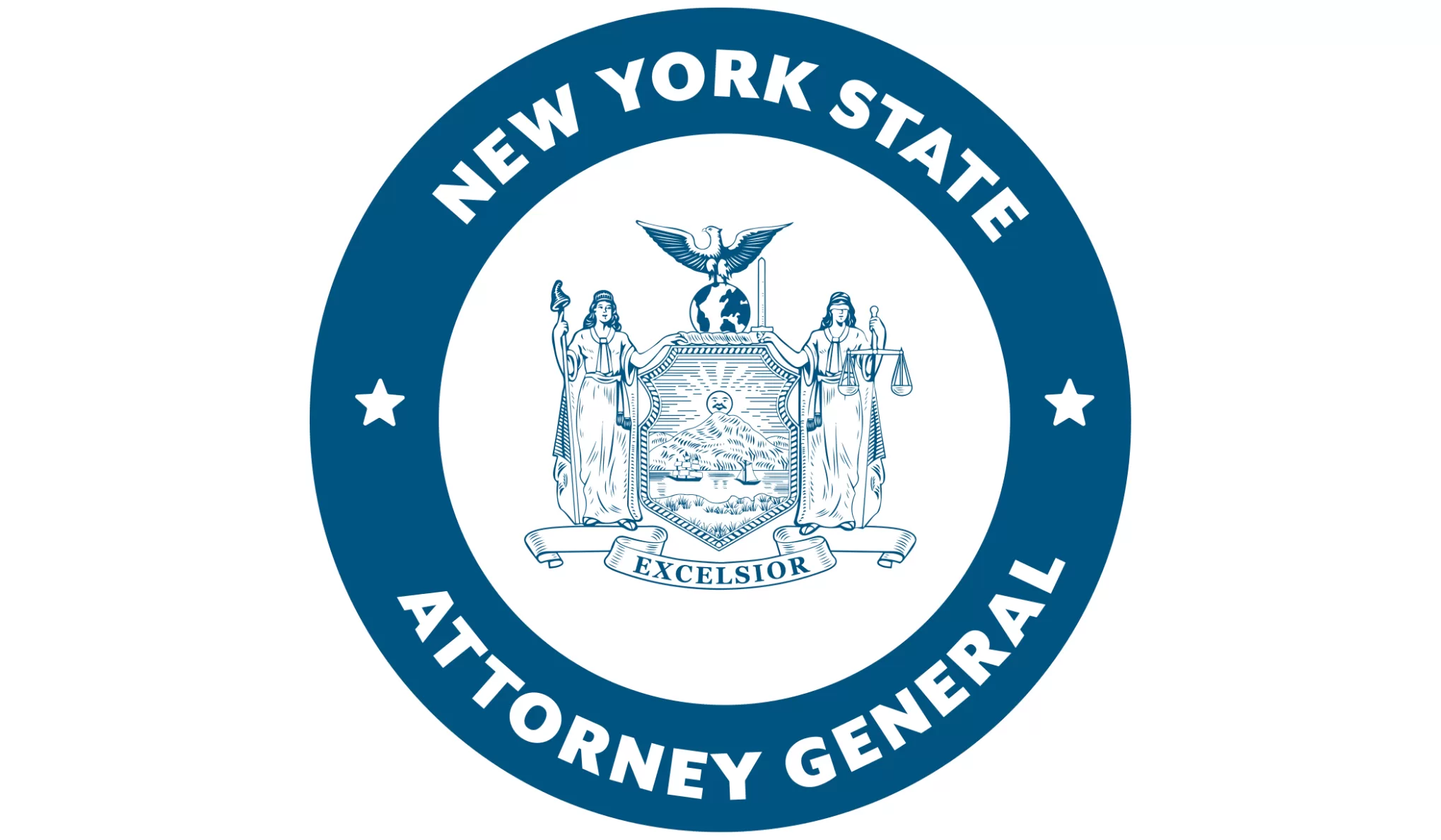Dear Justice Stevens:
 Supreme Court Justice – John Paul Stevens |
In your interview on Sixty Minutes that aired Sunday night, you expressed your concern that innocent people were being found guilty in our judicial system, and revealed that your own father was such a person. Perhaps that experience would give you sympathy for my desperate situation and motivate you to lend me your support in what I think you will agree are similar circumstances. I think the way I have lived and the choices I have made clearly show that I try to be a solid citizen and respect the rights of others. I served two years in the U.S. Army during the Vietnam War, earned a PhD in economics at the American University on the G.I. Bill, then worked three years as a public policy spokesman for the USDA before serving nearly thirty at the International Monetary Fund, traveling around the globe monitoring its adjustment programs so crucial to the world economy, particularly these days. People have found me to be a responsible person.
My problems began when I was the defendant in a home building defects case presided over by Judge Rosemary Collyer in the Federal District Court for the District of Columbia. I initially felt confident the charges would be found without merit, as I had previously renovated dozens of houses without serious complaint, and plaintiff’s claims that the house was on the verge of collapse and all the house systems (heating, plumbing, etc) were defective and had to be completely replaced seemed so preposterous as to be ludicrous. How could anyone take such extreme claims seriously, especially when the home inspector she had hired before settlement found no significant issues, and these discoveries came when the plaintiff had undertaken a renovation rendering house systems “obsolete” and requiring their replacement anyway? It is nice if somebody else will pay for renovations you want. Surely plaintiff’s complaints were a little too convenient?
The plaintiff herself was quite unusual, the youngish wife of an elderly Russian “businessman” I was subsequently told had been twice extradited to Europe in handcuffs on charges of bank fraud. What is certain is they replaced the brand new house windows with bulletproof glass. Yes, she was an unusual buyer, and the trial was exceptional as well. Plaintiff was represented by Williams & Connelly, a firm with strong political ties, typically engaged by Fortune 500 companies. For some reason the judge made a number of remarkable rulings that substantially bolstered the plaintiff’s case. Indeed, after reviewing what transpired, the investigative reporter magazine U.S. Observer labeled the proceedings “As Corrupt As It Gets.” Consider:
•The judge designated the plaintiff’s foundation witness an “uncompensated fact witness” to bolster the integrity of his testimony, even when there was a public record he was the plaintiff’s clandestine business partner. How neutral is that? She then steadfastly refused to allow any testimony during trial that could demonstrate his bias.
•She ensured the evidence prepared by this falsely designated “uncompensated fact witness” would be the only real source of evidence to assess the quality of construction by validating plaintiff’s decision to bar me from inspecting the alleged defects, a violation of standard legal procedures. She then turned the “spoliation inference” (whereby the party who destroys evidence is presumed to have done so to hide or distort evidence which would weaken their case) upside down, faulting me for not submitting evidence in defense of my work standards even though it was undisputed plaintiff denied me access to gather any.
•She accepted the “uncompensated fact witness’” representations as to what constituted “defects,” applying building standards that did not exist outside her courtroom.
•She didn’t require plaintiff to keep a record of actual expenses repairing “defects”—almost none of which were actually made–but accepted a theoretical model of costs prepared by plaintiff’s architect as the basis for the enormous award.
•She even waded in to help make plaintiff’s case, voiding official DCRA inspections certifying construction met building codes—the only unbiased expert testimony on the construction standards actually used, and the only source of evidence available to me once plaintiff denied me access–even when plaintiff didn’t provide supporting evidence the inspections weren’t valid, for the simple reason they were.
When you can dictate what evidence can be entered, then have your business partner testify as an unbiased witness who can establish the standards for determining what are “defects” oblivious of the relevant building codes, it shouldn’t be too surprising when the verdict is in your favor. In my case, the judge awarded the plaintiff virtually everything she asked for, about two million dollars, as well as the house. Often in home defects cases disgruntled buyers will have the purchase reversed, but this particular buyer didn’t intend to give up the house. As you might expect, the decision ruined me financially.
As difficult as it may be to believe a judge would make these rulings, after-trial developments were even more astounding. The plaintiff’s “uncompensated fact witness” voluntarily came to defense counsel’s office, where three witnesses swear he confessed plaintiff bribed him to testify on her behalf, plaintiff’s attorney knew of it, and identified two former employees who had independent knowledge of this arrangement. Ultimately at least eight witnesses were identified who can testify this witness confessed to having been bribed, have independent knowledge of this arrangement, or know he perjured himself in denying the confession. When this information was brought before Judge Collyer, who had so steadfastly ruled in support of plaintiff’s allegations during the trial, she never wavered course. Her ruling validated plaintiff’s right to offer witnesses bribes as long as she was not represented by counsel, and refused to reopen the proceedings, claiming that in any case the testimony of this witness was irrelevant to the decision, which she averred was “painstakingly and independently” corroborated by other witnesses so no fraud could have infected it.
This was a blatant misrepresentation of the court record that she herself had so actively shaped. She had repeatedly emphasized the central role of this witness. In her decision, Judge Collyer ridiculed suggestions plaintiff’s attorneys had spent excessive money preparing his testimony, stating that any complaint that his testimony wasn’t that important “falls flat” as he “was a critical witness” whose testimony was “particularly crucial”. Furthermore, during the trial the plaintiff’s expert witnesses, who had never seen the alleged “defects” even though plaintiff had maintained control over access to them throughout, repeatedly attributed their analysis to his representations, until even Judge Collyer specifically and explicitly ruled their testimony was not independent of, but in fact dependent on, his groundwork and guidance.
Her sweeping but unfounded statements were clearly intended to preclude closer review of her judicial rulings and the murky role of this witness, and they had the desired effect. The court of appeals confirmed without oral argument Judge Collyer’s decision to ignore the testimony of at least eight witnesses who could swear that the foundation witness in the case had accepted a bribe or committed perjury denying it, citing case law that clearly seemed to support hearing these witnesses. The Supreme Court refused my petition for a writ of certiorari. The FBI refused to even review evidence or allow me to file a complaint. Subsequently I tried to report judicial error under Title 28, U.S. Code, Section 351(a), which the appeals court denied without consideration of the merits, on the ground that a judge cannot be found accountable for her actions in only one trial. Evidently Constitutional rights to a fair trial and due process only apply to groups, not individuals.
President Obama has gone on record that the era of two sets of laws, one for the rich and famous, and another for everybody else, is over. And yet, when similar allegations of witness tampering surfaced in the conviction of the rich and famous Senator Stevens of Alaska (very interestingly also represented by Williams & Connelly) at the same bench, Attorney General Holder set aside the decision and appointed a special prosecutor to investigate. In Africa President Obama stated “No person wants to live in a society where the rule of law gives way to the rule of brutality and bribery. That is not democracy, that is tyranny—and now is the time for it to end.” And yet here a federal judge appears to have confiscated a lifetime of hard work and careful savings from a defendant on the basis of some remarkable rulings and a bribed witness.
If eight witnesses aren’t enough to demonstrate perjury and obstruction of justice, how many would it take? Why would a legitimate party in a lawsuit even try to bribe a witness? The real question at issue here is if in our democratic society some people are above the law and can ignore the consequences of their actions. Are plaintiffs who knowingly misrepresent the main elements in their cases and try if not actually succeed in bribing their witnesses supposed to win huge awards in U.S. Federal Courts? Or just if they are represented by the right law firm?
I understand it took several years for your father to be vindicated, at horrendous personal cost that you witnessed. I’m in year five of my nightmare. I would be available to meet with you or your representative at your convenience to discuss these matters and provide corroborating evidence. Thank you for your consideration in this matter.
Sincerely yours,
Charles A. Sisson, PhD

